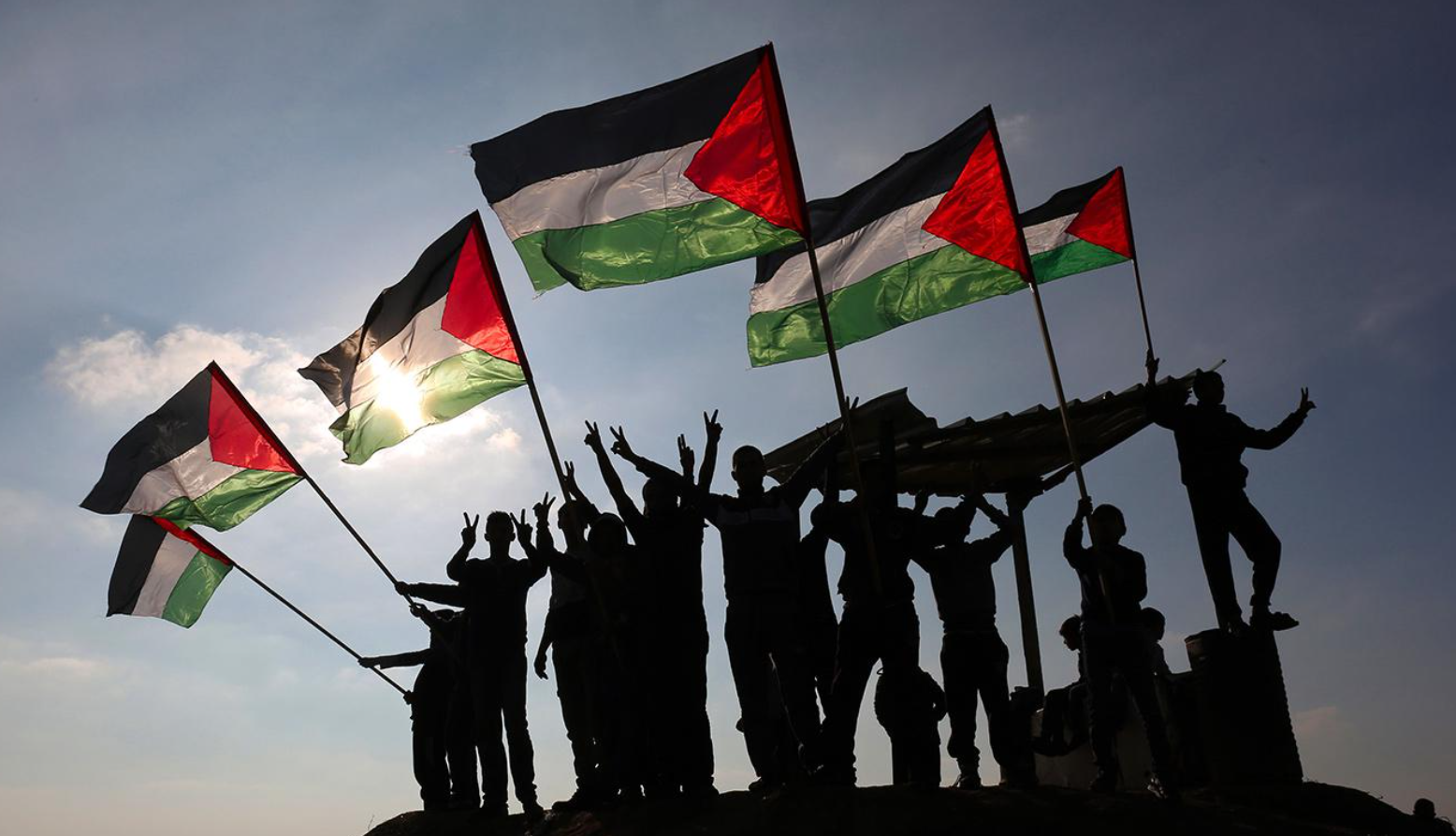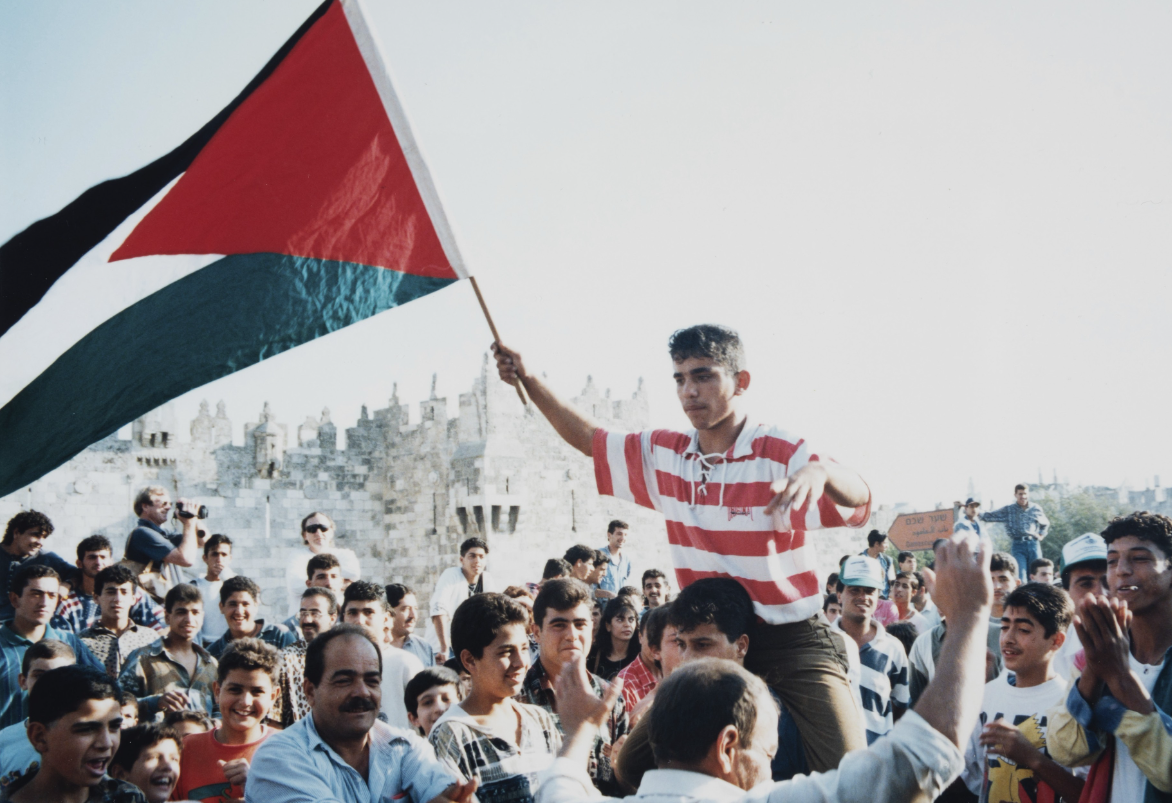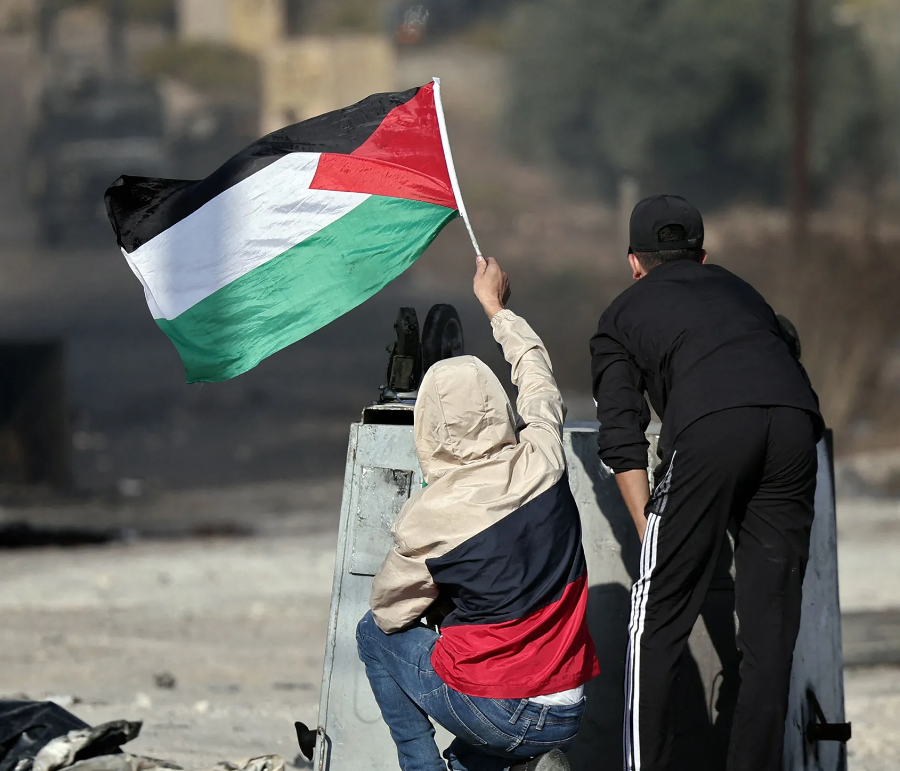Envisioning a liberated Palestine is a vision of a future where the Palestinian people are free to live in their own sovereign state, with full control over their own land, resources, and destiny. It is a vision of a future where Palestinians are no longer living under occupation, facing daily restrictions on their movement, and enduring the constant threat of violence. It is a vision of a future where Palestinian refugees are able to return to their homes and reclaim their rightful place in society. It is a vision of a future where
Palestinians are able to build a thriving economy, develop their own institutions, and participate fully in the global community. Envisioning a liberated Palestine is not just about achieving political independence, but also about reclaiming the dignity, rights, and humanity of the Palestinian people. It is about creating a future where all people, regardless of their background, can live in peace, security, and prosperity. It is a vision that requires courage, vision, and perseverance, but it is a vision that is worth fighting for.

The History and Struggles Behind Palestinian Freedom
The history of Palestinian freedom is a long and complex one, filled with struggles and challenges. The Palestinian people have been fighting for their independence and self-determination for decades, facing oppression, displacement, and violence at the hands of occupying forces. The roots of this struggle can be traced back to the early 20th century, when the British Mandate of Palestine was established, leading to the displacement of thousands of Palestinians from their homes.
This displacement only intensified with the creation of the state of Israel in 1948, resulting in the mass exodus of Palestinians from their land. Since then, Palestinians have been fighting for their right to return to their homes and for their freedom from occupation. The ongoing conflict between Israel and Palestine has resulted in countless casualties and a humanitarian crisis in the region, with Palestinians enduring restrictions on their movement, access to resources, and basic human rights. Despite the challenges they face, the Palestinian people continue to resist and strive for their freedom, drawing on a rich history of resilience and determination.
The international community has a crucial role to play in supporting the Palestinian cause and advocating for a just and lasting solution to the conflict. Only through recognition of the rights and aspirations of the Palestinian people can true freedom and peace be achieved in the region.
Cultural Resilience and Identity in a Free Palestine
Cultural resilience and identity in a free Palestine are deeply intertwined, as the Palestinian people have long been fighting for their right to self-determination and cultural autonomy. Despite facing numerous challenges and obstacles, Palestinians have managed to preserve their rich cultural heritage and maintain a strong sense of identity. From traditional music and dance to delicious cuisine and intricate handicrafts, Palestinian culture is vibrant and diverse. Through their art, literature, and other forms of expression, Palestinians have been able to assert their presence and resilience in the face of adversity.
In a free Palestine, the Palestinian people would have the opportunity to fully embrace and celebrate their cultural identity without fear of repression or censorship. This would not only strengthen their sense of self, but also foster a greater sense of unity and solidarity among the Palestinian community. By honoring and preserving their cultural traditions, Palestinians can ensure that their unique heritage is passed down to future generations, serving as a source of strength and inspiration in the ongoing struggle for liberation and justice. Ultimately, cultural resilience and identity are essential components of the Palestinian quest for freedom and self-determination, allowing them to assert their rightful place in the world and uphold their dignity and humanity.

Economic Transformation and Opportunities in a Sovereign Palestine
Economic transformation and opportunities in a sovereign Palestine have the potential to bring about significant changes and improvements to the region. With the establishment of a sovereign Palestinian state, there is a chance to create a thriving economy that can provide jobs and prosperity for its people. By investing in infrastructure, technology, and education, Palestine can attract foreign investment and create a sustainable economy that benefits all its citizens.
One of the key opportunities that a sovereign Palestine would bring is the ability to harness its natural resources. With access to its own land and resources, Palestine can develop industries such as agriculture, mining, and renewable energy. This would not only create jobs for the Palestinian people but also reduce dependence on outside sources for essential goods and services.
Furthermore, a sovereign Palestine would have the ability to negotiate trade agreements with other countries, opening up new markets and opportunities for economic growth. By fostering strong diplomatic and economic ties with its neighbors and other nations, Palestine can expand its trade networks and access new technologies and resources.
In addition, the establishment of a sovereign Palestine would allow for the development of a stable and transparent financial system. This would attract investors and entrepreneurs, leading to the growth of small and medium-sized businesses and the creation of a vibrant private sector.
Overall, the economic transformation and opportunities in a sovereign Palestine hold great promise for the future of the region. By focusing on sustainable development, innovation, and international cooperation, Palestine can build a strong and prosperous economy that benefits all its citizens and contributes to peace and stability in the Middle East.
International Relations and Diplomacy for Palestinian Independence
International relations and diplomacy play a crucial role in the pursuit of Palestinian independence. Through strategic alliances and negotiations with other nations, Palestinians can garner support for their cause and work towards achieving their goal of self-determination. Diplomatic efforts are essential in fostering relationships with key players in the international community, such as the United Nations and the European Union, who have the power to influence policies and decisions that impact Palestinian statehood.
By engaging in diplomatic dialogue and advocating for their rights on the global stage, Palestinians can work towards building a strong foundation for their independence. Furthermore, international relations provide Palestinians with the opportunity to address pressing issues such as the Israeli occupation, settlements, and human rights violations, and seek solutions through peaceful means. By engaging in diplomatic channels, Palestinians can amplify their voice and gain recognition for their struggle for freedom and sovereignty.
Ultimately, international relations and diplomacy serve as crucial tools in the fight for Palestinian independence, enabling Palestinians to navigate complex political landscapes and build partnerships that will help them achieve their long-held aspirations for statehood. Through sustained diplomatic efforts and strategic engagement with the international community, Palestinians can continue to make progress towards their goal of independence and self-determination.

The Path Forward: Social and Political Reforms in Palestine
The path forward for social and political reforms in Palestine requires a comprehensive and inclusive approach that prioritizes the needs and concerns of all stakeholders. In order to move towards a more just and equitable society, it is essential to address the underlying root causes of conflict and injustice. This includes addressing issues such as poverty, unemployment, and lack of access to basic services. Additionally, efforts must be made to promote transparency and accountability within the government and ensure that all citizens have equal rights and opportunities.
It is crucial for all political parties and factions to come together in a spirit of cooperation and compromise in order to achieve lasting peace and stability. By working towards a shared vision of a more inclusive and democratic society, Palestinians can build a brighter future for themselves and future generations. It is important for all members of society to actively engage in the political process and advocate for positive change in order to create a more just and prosperous society for all. Through dialogue, collaboration, and a commitment to justice, Palestinians can overcome the challenges they face and create a more peaceful and prosperous future.
